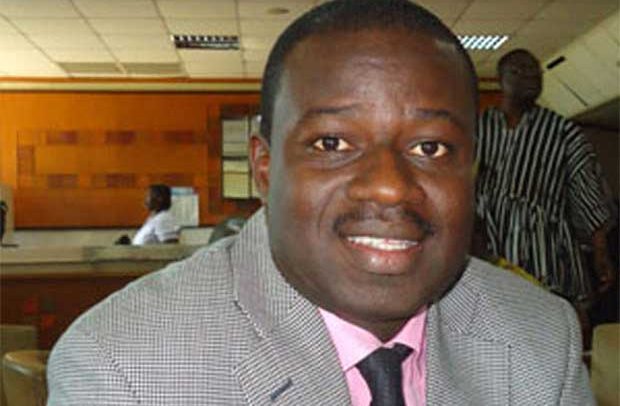Frank Annoh-Dompreh
Members of Parliament (MPs) have expressed grave concern about the havoc corruption is wreaking on the nation.
They stressed the need to put politics aside and unite to fight the canker.
MPs from both sides of the House made the case for a genuine and committed fight against the canker when the New Patriotic Party (NPP) Member of Parliament for Nsawam/Adoagyiri, Frank Annoh-Dompreh made a statement on the floor of Parliament on Monday on the stand taken by African Union (AU) to help fight corruption on the continent at the just-ended AU Summit in Nouakchott, Mauritania.
The MP for Nsawam/Adoagyiri said Africa loses $148 billion every year through corruption and that represents 25% of the continent’s average Gross Domestic Product (GDP).
He said in Ghana various administrations have not had the political will to effectively fight corruption, and this has cost the nation a lot of money and also resulted in widespread poverty in the country.
He said the nation loses more than $3 billion through corruption, which could have been channeled into more productive ventures to benefit Ghanaians and reduce poverty in the country.
“Most of the people affected by this menace of corruption are the poor since they depend on public or government facilities for the provision of basic amenities and services,” he said, adding that these poor people unfortunately need to pay for these services which should have been free.
The Nsawam/Adoagyiri MP said the NPP administration led by President Akufo-Addo should be commended for the bold initiative to establish the Special Prosecutor’s Office to help fight the canker.
He said apart from this, the NPP administration is determined to pass the Right To Information Bill, which is currently at the consideration stage in Parliament.
“We must not politicize government’s determined efforts to fight corruption,” he said.
The Majority leader, Osei Kyei-Mensah-Bonsu, said that Parliament has a critical role to play in the fight against corruption because it has oversight responsibility over the Executive.
He said unfortunately the committees of parliament which ought to perform the functions on behalf of the legislature are very ‘weak’ and not properly resourced to be able to play that role.
He, therefore, asked Parliament to be made completely independent by Executive by providing the needed resources to be able to perform its oversight function well.
He also proposed that some provisions of the constitution should be amended to help strengthen parliament’s authority.
He said for instance that Parliament must be empowered by the constitution to be able to order the Auditor-General to do some independent auditing of some government’s institution while the provision, which says that more that 50% of Ministers of State must be appointed from Parliament, should also be scrapped.
By Thomas Fosu Jnr


